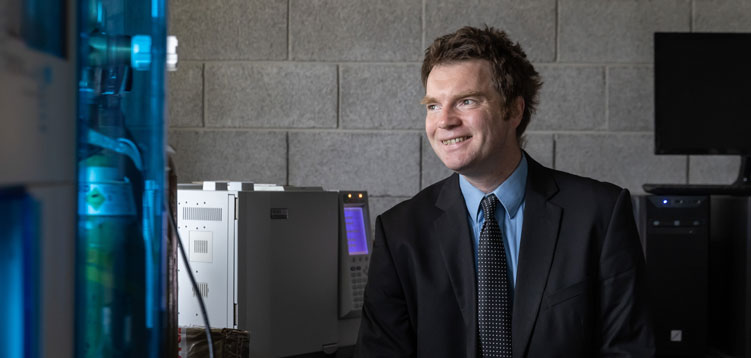Gas Hydrates – a Potential New Fuel Source or a Cause of Mass Extinctions
News and Events
- EDI August Coffee Morning
- EDI July Coffee Morning
- Minister Lawless announces 72 Sustainable Laboratory Certifications
- EDI June Coffee Morning
- EDI April coffee morning
- Seminar Day Newsletter
- EDI March Morning coffee
- EDI February Coffee Morning
- 2024 News Archive
- 2023 News Archive
- 2022 News Archive
- MacElroy Energy Research Bursary 2022
- UCD Engineers Among NovaUCD’s 2022 Innovation Awardees
- The first annual SCBE Seminar Day
- Serendipity Swings Doors of Opportunity Open Wide for Nanobubble Generator Developers
- Gas Hydrates – a Potential New Fuel Source or a Cause of Mass Extinctions
- Springer publishes book to mark retirement of Emeritus Professor Mohamed Al-Rubeai
- 2020 News Archive
- 2019 News Archive
- 2018 News Archive
- 2017 News Archive
- 2016 News Archive
- EDI October Coffee Morning
Gas Hydrates – a Potential New Fuel Source or a Cause of Mass Extinctions?
Monday, 14 February, 2022

Professor Niall English of the UCD School of Chemical & Bioprocess Engineering, Photo by Ste Murray.
Niall English has researched ice-like, crystalline solids called gas hydrates for more than 20 years. These block gas pipelines and form naturally in the permafrost and in sea beds at the edges of continents. Over the past five of these he has worked closely with QUB microbiologist Professor Chris Allen and together they have established that microbes can affect the stability of natural gas hydrates. They have also postulated a tentative link between reverses in the earth’s magnetic polarity, relatively sudden releases of methane in the past and their possible contribution to mass extinction events something known as the “Belfast hypothesis”. This research is important because it helps inform the work being undertaken globally on climate change.
The research partners have also filed a joint patent application on behalf of their respective universities which controls the way in which certain proteins and particular peptide sequences (short chains of amino acids) can be used to regulate the growth of gas hydrates. This has potential value in the global $1 trillion a year wastewater treatment (WWT) industry, particularly in pipeline flow assurance by preventing blockage caused by hydrates, and the treatment of heavily polluted water. Their research, therefore, has contributed impacts at community, economic and environmental levels. They have also just been awarded a joint British-Irish Leverhulme-Trust grant for two years (2021-23) to take this research further, with a keen eye to regulating hydrate formation in large-scale industrial applications.
‘We’re going to link this quite boldly into James Lovelock’s Gaia hypothesis, which is that biology regulates much of what’s going on in terms of the Earth and its physical and chemical processes. We expect that will also be regarded as controversial, but we feel have good evidence for proposing this at this stage.’
You can read the full case study here: Gas Hydrates – a Potential New Fuel Source or a Cause of Mass Extinctions?